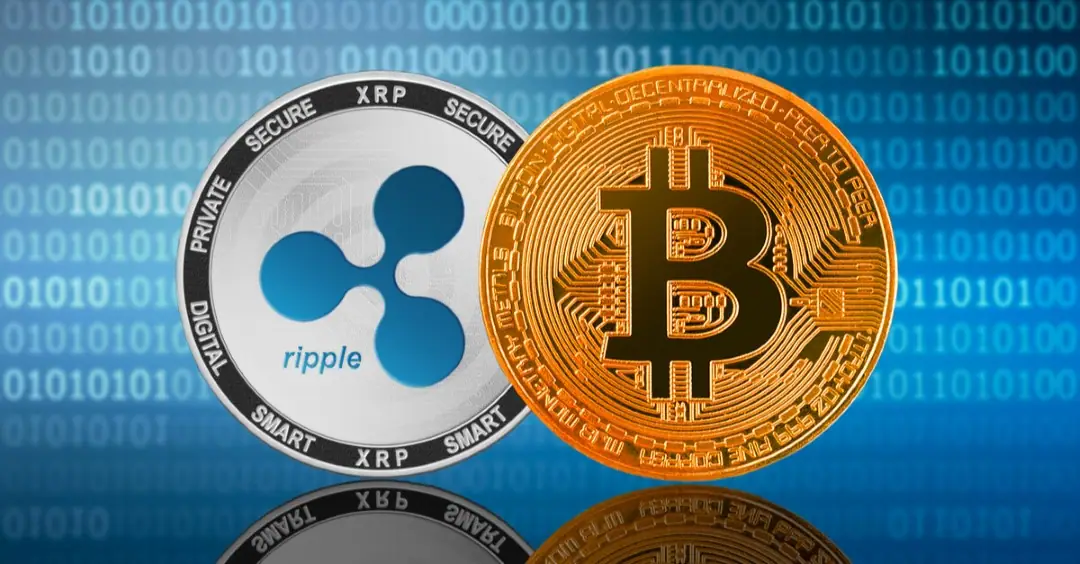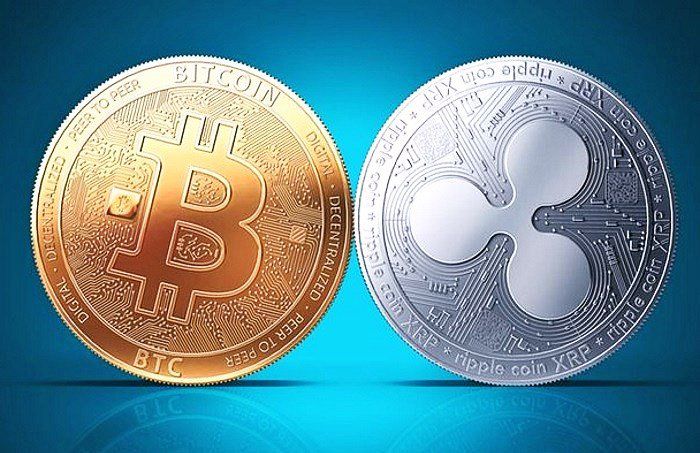In the realm of digital currencies, Bitcoin has long been the reigning champion. However, other cryptocurrencies such as Ripple are steadily gaining traction and raising questions like “Is Ripple better than Bitcoin?” To answer this question, we must delve into the unique characteristics, advantages, and disadvantages of both cryptocurrencies.
Understanding Bitcoin and Ripple
Bitcoin, the first-ever cryptocurrency, was created in 2009 with the aim of offering a decentralized peer-to-peer payment system. Its key selling point is its decentralization, meaning no central authority can control it.
On the other hand, Ripple, introduced in 2012, aims to enable fast, low-cost international money transfers. It’s not just a cryptocurrency (XRP) but also a technology protocol (RippleNet), making it fundamentally different from Bitcoin.

Transaction Speed and Scalability
One of the most significant differences between Bitcoin and Ripple lies in their transaction speeds. Bitcoin transactions can take anywhere from 10 minutes to several hours due to the heavy traffic on the network. Conversely, Ripple transactions are completed within seconds, providing a faster alternative for users.
Moreover, Ripple has a higher scalability compared to Bitcoin. The Ripple network can handle up to 1,500 transactions per second, while Bitcoin’s network can only process about 4-7 transactions per second.
Energy Consumption
The energy consumption of Bitcoin has been a hot topic recently. Bitcoin mining requires a substantial amount of electricity, contributing to environmental concerns. In contrast, Ripple’s consensus algorithm doesn’t require mining, leading to significantly lower energy consumption.
Centralization vs Decentralization
Bitcoin’s main advantage is its decentralization, providing transparency and immunity from censorship. However, this comes with challenges, including slower transaction times and higher fees.
Ripple, being more centralized, can offer quicker and cheaper transactions. Yet, this centralization leads to criticisms from those who believe cryptocurrencies should be completely decentralized.
Market Capitalization
As of my knowledge cutoff in September 2021, Bitcoin had a higher market capitalization compared to Ripple. However, the market is highly volatile, and rankings can change rapidly.

FAQ’s
1. What is the main difference between Ripple and Bitcoin?
The main difference lies in their purpose and governance. Bitcoin is a decentralized digital currency, while Ripple is a digital payment protocol that also has its own cryptocurrency, XRP.
2. Can Ripple overtake Bitcoin?
While Ripple has advantages like faster transaction speed and lower fees, whether it will overtake Bitcoin cannot be definitively stated due to the unpredictable nature of the cryptocurrency market.
3. Is Ripple safer than Bitcoin?
Both have their security measures. Bitcoin’s decentralization provides security against censorship and control. Ripple’s centralization allows for more control, potentially reducing certain risks.
4. Which one is better for investment, Ripple or Bitcoin?
Investment decisions should be based on personal risk tolerance, investment goals, and thorough research. Both cryptocurrencies have potential but also come with significant risks.
5. Why is Ripple so cheap compared to Bitcoin?
Ripple is cheaper because there are much more XRP tokens in circulation compared to Bitcoin. It’s not necessarily indicative of its future value or potential.
In summary, whether Ripple is better than Bitcoin largely depends on what you value most in a cryptocurrency. If you prioritize decentralization and established reputation, Bitcoin might be your preference. However, if you value speed, low transaction costs, and energy efficiency, then Ripple could be a better choice. As the world of cryptocurrencies continues to evolve, both Bitcoin and Ripple are likely to remain key players in the digital finance landscape.


